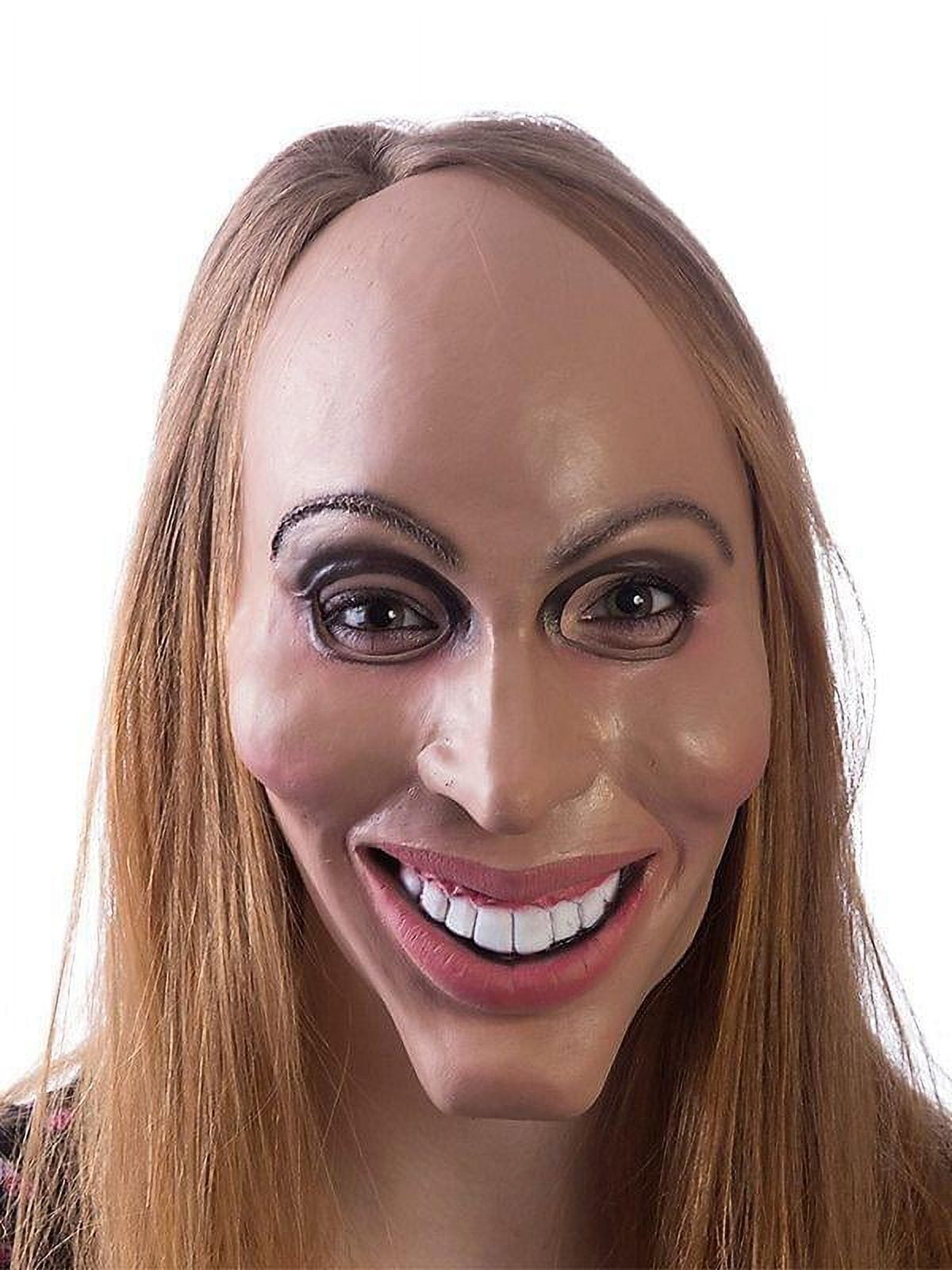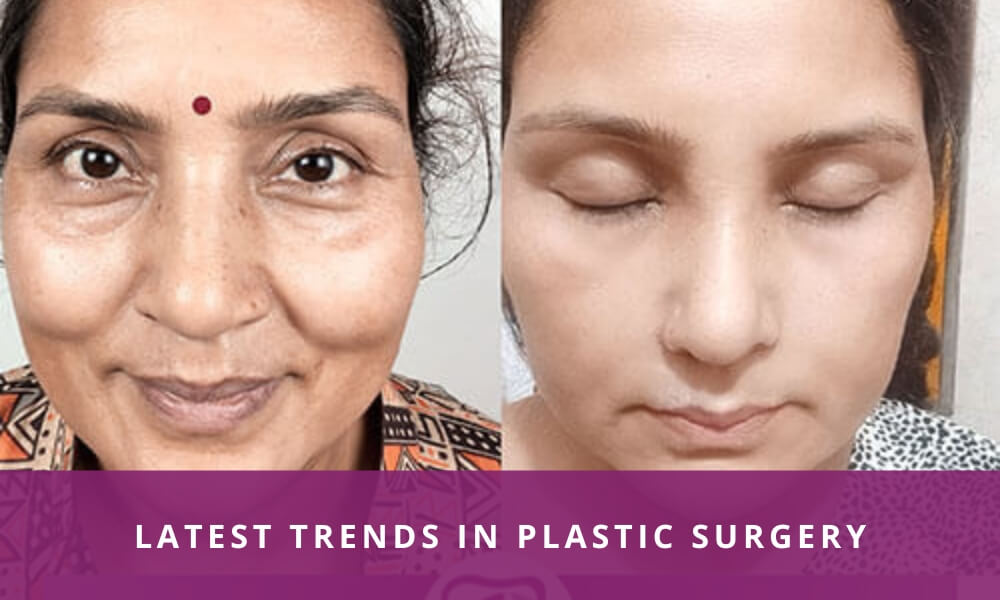Checking Out the Psychological and Social Variables That Drive Individuals to Consider Cosmetic Surgical Procedure as a Way of Improvement
The choice to go after cosmetic surgery usually prolongs past plain visual appeals, intertwining with emotional and social characteristics that merit detailed assessment. Factors such as self-worth, prevalent social beauty requirements, and the prevalent impact of social media converge to form individual motivations for medical enhancement.
The Duty of Self-Esteem
Self-worth substantially influences a person's choice to pursue cosmetic surgical procedure. Individuals with reduced self-esteem commonly perceive themselves in a negative light, leading to sensations of insufficiency concerning their physical appearance. This unfavorable self-perception can drive them to seek medical treatments as a technique of boosting their self-image. The desire for renovation in one's look is frequently linked to a belief that such modifications will certainly raise their general self-regard and self-confidence.

Ultimately, the role of self-esteem in the decision-making procedure regarding cosmetic surgery highlights the complex interplay in between body picture, individual contentment, and psychological health and wellness. Recognizing this connection is vital for medical care experts to guarantee that individuals are making educated choices rooted in practical assumptions and emotional health.
Social Appeal Specifications
Influenced by pervasive media representations and social narratives, social appeal criteria play a vital function in shaping people' understandings of their very own bodies. These requirements are typically characterized by an idyllic kind of charm that stresses traits such as slimness, symmetry, and youthfulness. As these ideals are continued with various channels, including film, television, and advertising, people regularly internalize these messages, bring about dissatisfaction with their all-natural look.
The ramifications of these societal standards extend beyond aesthetic choices; they can influence self-worth, mental health, and social relationships. Individuals who view themselves as falling brief of these standards may experience feelings of inadequacy, motivating a desire for cosmetic surgical procedure as a way of accomplishing social approval. This quest is commonly sustained by the idea that adjusting to these perfects will improve not just physical look however additionally social standing and individual fulfillment.
:max_bytes(150000):strip_icc():focal(745x123:747x125)/botched-plastic-surgery-drunk-surgeon-tout-010424-1d80c7b734e942eb8f0953dc13be8ee0.jpg)
Influence of Social Media Site
The effect of societal appeal requirements is further magnified by the rise of social networks systems, where curated images and idyllic depictions of charm are common. Users are continuously exposed to filteringed system and edited photographs, which usually show unattainable physical attributes. This exposure cultivates a culture of comparison, leading individuals to analyze their very own look against these typically impractical standards.
Social media influencers and celebs regularly advertise aesthetic treatments, stabilizing the concept that medical enhancements are a feasible means for achieving societal suitables (plastic surgery rancho cucamonga). The visibility of these enhancements can produce a perception that going through plastic surgery is a typical practice, consequently affecting individuals to take into consideration similar treatments as a pathway to boosted self-worth and social acceptance
Furthermore, the interactive nature of social media enables prompt responses with sort and comments, better enhancing the need to adapt prominent beauty standards. Such communications can aggravate sensations of inadequacy and drive people toward cosmetic surgical procedure as a means of acquiring recognition. Eventually, social media plays a pivotal role fit perceptions of elegance, which significantly impacts the decision-making processes bordering plastic surgery.

Social Point Of Views on Appearance
Across different societies, assumptions of appearance are deeply rooted in historic, social, and financial contexts, shaping individuals' sights on appeal and charm. In many cultures, look works as a considerable marker of identity, affecting social status, specialist possibilities, and personal partnerships. For instance, in some cultures, light skin is typically related to riches and advantage, while others might idealize darker skin tones as icons of strength and credibility.
Additionally, standard appeal requirements are typically perpetuated via cultural stories, media depictions, and household influences, causing varying suitables across different areas (plastic surgery rancho cucamonga). In Western cultures, the focus on young people and physical health and fitness frequently drives individuals towards cosmetic improvement, while in certain Eastern societies, more refined adjustments aligned with standard visual appeals might be chosen
Globalization and the proliferation of digital media have actually further made complex these dynamics, developing a hybridization of beauty suitables that transcends geographical boundaries. As individuals significantly navigate these social narratives, the stress to satisfy particular look requirements can plastic surgery rancho cucamonga cause the desire for cosmetic surgical treatment, showing a complex interplay of social worths and personal desires. Understanding these social viewpoints is crucial in dealing with the motivations Recommended Site behind plastic surgery factors to consider.
Mental Influences of Cosmetic Surgery
Lots of people looking for cosmetic surgical procedure report experiencing extensive emotional effects that can considerably change their self-perception and emotional well-being - plastic surgery rancho cucamonga. The need for physical improvement usually originates from underlying concerns such as reduced self-confidence, body dysmorphic disorder, or social pressures regarding appeal criteria. For some, the instant post-operative phase can bring about a short-term boost in confidence and fulfillment with their look, fostering a feeling of empowerment
Nonetheless, these positive sensations may not be sustaining. Research study indicates that while some individuals experience enhanced self-esteem, others might face elevated anxiousness or depression if their assumptions are not met. This disparity can occur from impractical perfects perpetuated by media depiction and cultural narratives surrounding elegance.
Moreover, the psychological implications of plastic surgery expand beyond the individual. Relationships with household and pals might be strained as social characteristics change, causing feelings of isolation or alienation. Inevitably, the psychological effects of plastic surgery are complex and complex, requiring cautious consideration by both possible patients and doctor to ensure educated decision-making and practical expectations.
Final Thought
In verdict, the decision to go after plastic surgery is substantially affected by a mix of self-esteem issues, societal elegance requirements, and company website social perspectives on appearance. The pervasive reach of social media sites better worsens these pressures, promoting impractical ideals that individuals often strive to achieve. Comprehending these emotional and social factors is necessary for resolving the inspirations behind plastic surgery, highlighting the need for a more nuanced discussion bordering appeal and self-acceptance in modern culture.
The choice to seek cosmetic surgical treatment commonly prolongs beyond simple appearances, linking with social and emotional characteristics that warrant thorough examination. Inevitably, social media plays a pivotal duty in forming understandings of charm, which considerably influences the decision-making procedures bordering cosmetic surgical treatment.
As individuals increasingly browse these social stories, the pressure to conform to details look criteria can lead to the need for cosmetic surgical treatment, reflecting a complex interaction of cultural values and personal goals.In conclusion, the choice to go after cosmetic surgery is substantially influenced by a combination of self-confidence problems, social elegance standards, and cultural viewpoints on appearance. Recognizing these mental and social variables is essential for dealing with the inspirations behind cosmetic surgery, highlighting the demand for a much more nuanced discussion surrounding appeal and self-acceptance in contemporary society.